Management
Well managed forests provide clean air and water, homes for wildlife, places for recreation and wood for the many products we use every day. But management requires careful planning and implementation. Read further to learn more about managing your forest.
ATFS Standard 2: Compliance With Laws
Forest management activities comply with all relevant federal, state and local laws, regulations and ordinances.
ATFS Standard 4: Air, Water and Soil Protection
Forest management practices maintain or enhance the ecosystems and ecosystem services provided by the forest including air, water, soil and site quality.
ATFS Standard 7, Performance Measure 7.1
Forest management activities shall consider and maintain any special sites relevant on the property.
ATFS Standard 8: Forest Product Harvests and Other Activities
Forest product harvests and other management activities are conducted in accordance with the landowner’s objectives and consider other forest values.
 |
PLANNINGTo get the most out of your woodland, first identify your goals and objectives, then develop a strategy for achieving them. Foresters, wildlife biologists, estate planners and other professionals can help you develop and implement your strategy or forest management plan. |
 |
MANAGEMENT PRACTICESForesters use a variety of management practices including prescribed burning, harvesting and regeneration to help landowners achieve their objectives for their property. Read further to learn about practices that you could use in your forest. |
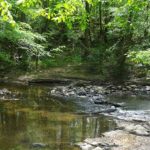 |
FOREST HEALTHNo matter where you live or the size of your property, invasive species and pests, extreme weather and wildfire can pose a real threat to the health of your woodlands. The best way to protect your woodlands is to stay informed of threats in your area and monitor for signs of their presence. |
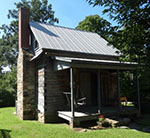 |
SPECIAL SITESWhat qualifies as a special site? How do you know if you have one on your Tree Farm? And what should you do to protect it during management activities? Learn more here. |
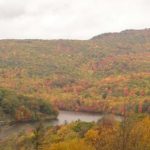 |
FORESTS OF RECOGNIZED IMPORTANCEA Forest of Recognized Importance (FORI) represents a globally, regionally and nationally significant large landscape area of exceptional ecological, social, cultural or biological value. These forests are evaluated at the landscape level, rather than the stand level and are recognized for a combination of unique values, rather than a single attribute. |
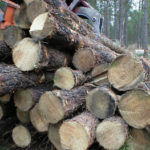 |
COST-SHARE PROGRAMSFinancial assistance programs, often called cost share programs, can help a landowner meet forest management objectives by providing financial support and technical know-how. |
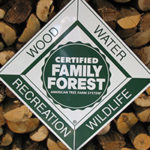 |
CONTRACTSHaving a written contract will help reduce misunderstandings, avoid disagreements and help protect your woodland from damaging forest practices. Contracts require an investment of time and money up front but often save you time, money and heartache in the long run. |
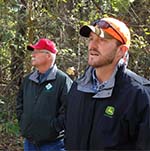 |
WHO CAN HELPA survey of Southern forest landowners found that “most family forest owners have a deep love for their land and a strong desire to do what is right, but they need help in knowing what their options are and what is best for them and their woods.” (Butler 2013) Here is information on professional forestry assistance available to North Carolina’s woodland owners. |
